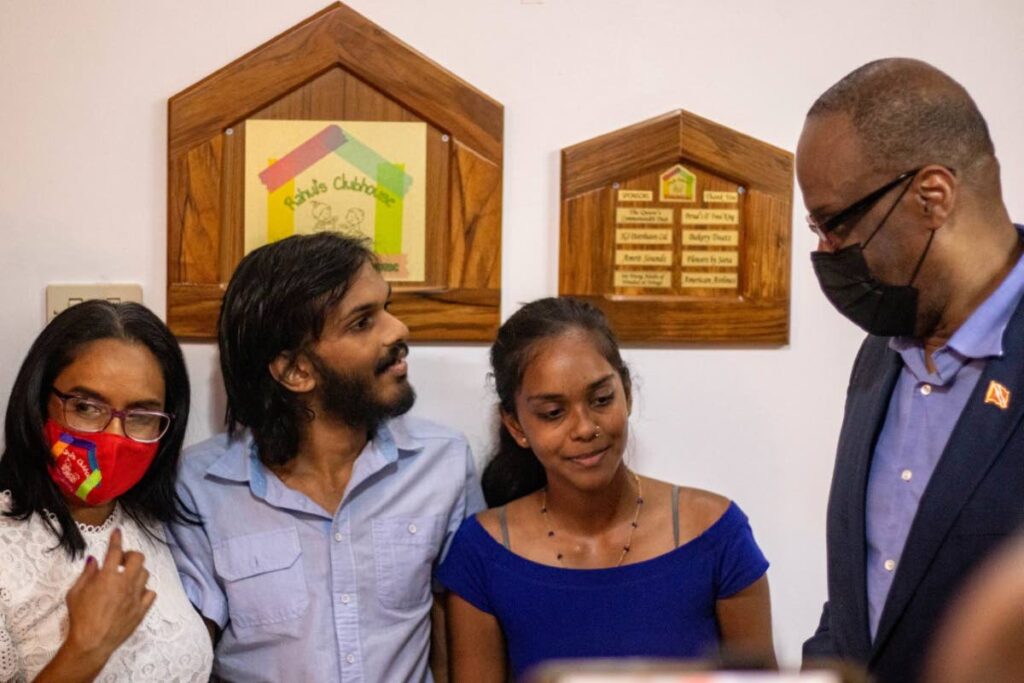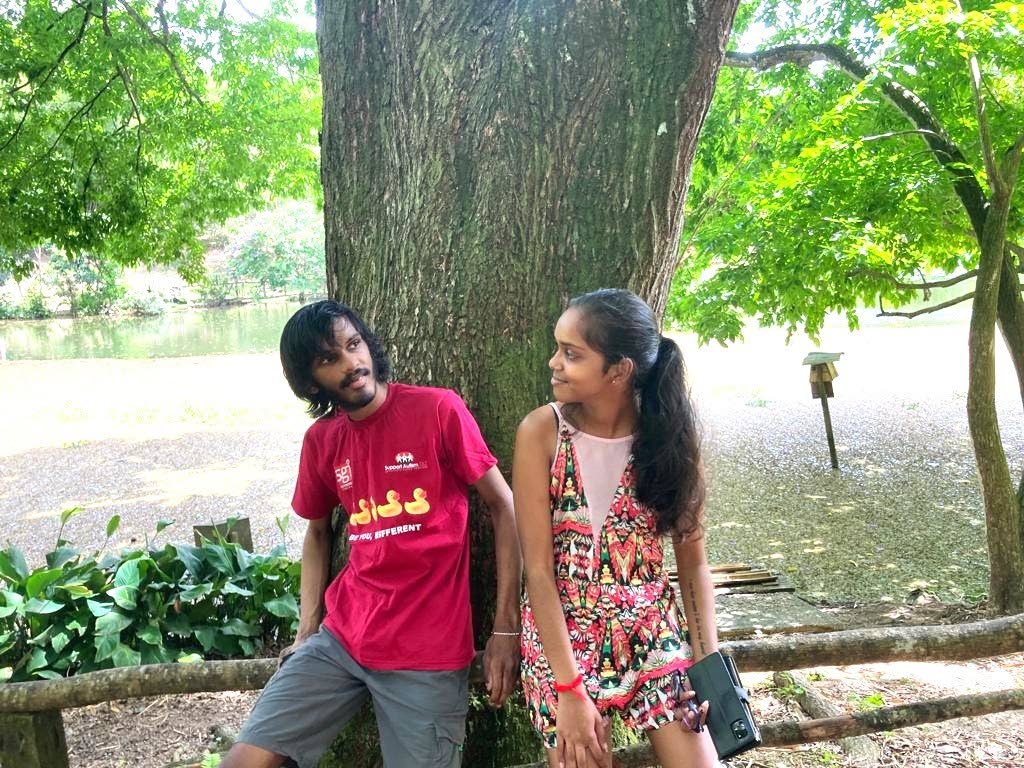From autism child to adult

DR RADICA MAHASE
Claire Scovell LaZebnik, author of Growing up on the Spectrum, said, “Don’t think that there’s a different, better child ‘hiding’ behind the autism. This is your child. Love the child in front of you. Encourage his strengths, celebrate his quirks, and improve his weaknesses, the way you would any child.”
My family and I never had any issues with my nephew Rahul’s autism. We never expected him to "grow out of it"; we didn’t believe that he was any less of a human being and we certainly did not treat him as if we had to "get rid of his autism so that he can be a 'normal' child.” From the very beginning, even when we were now trying to understand autism, we loved him unconditionally.
This week Rahul turns 18 and moves from being a child to becoming an adult living with autism in TT.
A neurotypical child his age would probably be thinking about getting his/her (driver's) licence, options for further education and so on.
We have been so focused on getting through day by day, that we have not even realised that all those baby steps have taken us quite a long way.
Fifteen years ago, we started chasing down schools for him. We ended up in two different ones; by age 12 he was back home and only going to hourly sessions.
Yet he is one of the most intelligent teenagers I have come across. He may not have got the book education that society uses to measure success, but thankfully, we have never cared about societal stipulations. The way he responds to those he loves, how he understands and empathises; how he tries to protect those who are close to him, especially his sister, Maya (absolutely no one must even raise his/her voice to speak to her!) will continue to be more important to us.

Becoming an adult doesn’t suddenly get rid of some of his major challenges – he still does not take any kind of medications, which makes it extremely scary when he gets sick; he doesn’t have long conversations with others; and he can be quite sensitive to loud noises in public places.
At the same time, although he is mostly non-verbal, we understand him and communicate with him on a daily basis; he interacts with us; and most importantly, he is happy and safe.
The challenges are always there, but we have learnt to adapt and accommodate and to navigate the most difficulties ones. We fully understand that he has his path to walk and we are just here to support him in whatever way he needs – not to change him or force him to become "normal."
Sometimes, the journey becomes tiring; especially when it’s the same issues that keep coming up and for the same reason – lack of inclusion at a national level. It can be frustrating trying to change a system where those in power have no interest in changing it; it can be demoralising dealing with continued discrimination from a society where differences are not celebrated.
Parents and caregivers must not give up, though. Instead, prepare yourself properly by educating yourselves. Your knowing about autism is the biggest help you can give your child. Learn everything that you can about your child’s diagnosis and interventions. Join support groups, ask questions, do your research – it is a lifelong learning process!
Also, don’t let a label keep back your child. A label is just a label, it doesn’t help you understand things any better. It also doesn’t prepare you in any way to deal with the challenges that come up all the time. All it does is put your child in a category; in TT’s case, a very marginalised category. It is often necessary to forget the label and just focus on the child – on your child’s strengths and help him/her to build on those. Too often parents/caregivers are all about what the child cannot do (our archaic education system promotes this!) rather than what the child
can do.
It is also very important that parents/caregivers do no hide their children away because society doesn’t understand him or her. There are too many parents/caregivers who do not take their children out in public because they are embarrassed; they feel bad when people stare (it should be the other way around – people should feel bad for staring!) or they feel that they are being judged/blamed as a parent/caregiver.
The more children and adults with autism are seen out in public, the more the general public will become aware of autism and only then the negative stigma will decrease. Don’t limit your child because of society’s expectations.

Raising a child in TT, a child who has been diagnosed with autism, can bring many emotions. For us, it started off with uncertainty: not knowing where to get help; who to turn to, what to do. We were completely lost. We were scared, mostly because we didn’t know if we were making the right decisions, we didn’t know if we were heading down the right path. On top of all that, there were feelings of helplessness – knowing that your child needs more but you either cannot provide more or don’t know what exactly that "more" meant.
Yet on top of all those emotions and self-doubts, there were the smiles and the laughter and the hugs and kisses. And when you got those, it meant everything in the world because they were coming from a place of genuine, unconditional love. So you treasure those moments and they give you the strength and the courage to push forward to another day.
Happy 18th birthday, Rahul. Thank you for being the flame behind Support Autism T&T’s work. Now we get ready for the new challenges that adulthood might present.
Dr Radica Mahase is the founder/director of Support Autism T&T


Comments
"From autism child to adult"